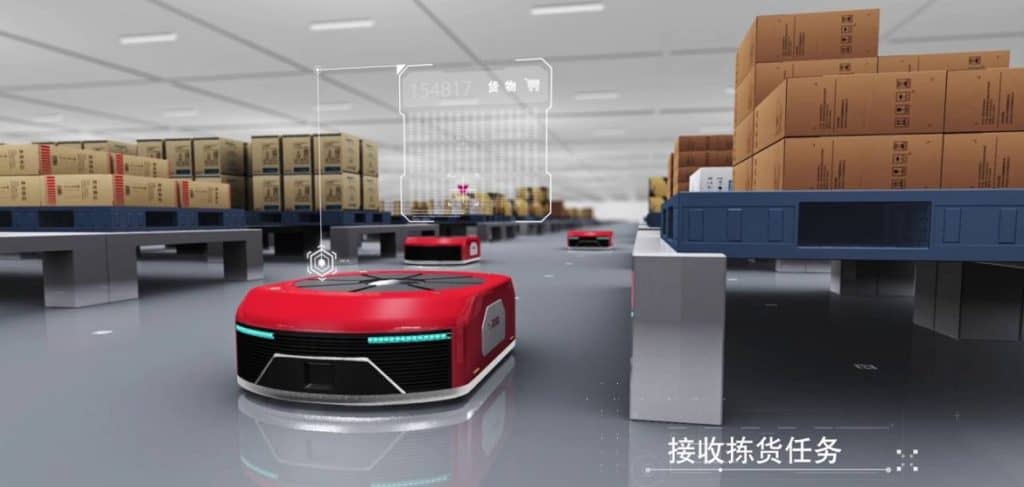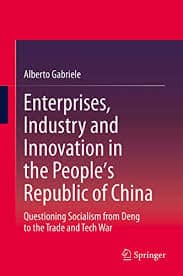Author of the book: Gabriele Alberto
This book analyzes two key features of contemporary China: the gradual evolution of enterprise forms since the inception of rural and industrial reforms and the development of a modern innovation system.
In this attempt, the author strives to focus on the multi-causal processes of change occurring in the underlying socioeconomic relations of production and exchange, with an eye towards identifying relatively deeper causal processes,that cannot be adequately interpreted as a pure manifestation of the simple State vs. Market opposition. In fact, the complex and evolutionary interactions between state-led industrial and other development-oriented policies, on one hand, and (relatively) automatic market mechanisms working in a quasi-by-default manner, on the other hand, constitute the essence of China’s distinctive economic model.
Most of this book is devoted to the perusal, interpretation and targeted reaggregation and re-elaboration of official Chinese statistics, without pretending to extract excessively ambitious and deterministic conclusions from limited available evidence.
From an epistemological perspective, the conceptual foundations of this work are those of the Classics and of the Marxian tradition, with the twin categories of mode of production and socioeconomic formation as basic starting points.
In most cases, in this book the author refers to the concept of mode of production as an abstract archetype, an internally consistent set of rules and laws that are supposed to govern relations of production and exchange according to some principles,and that usually is practically realized in each specific context in the real world only to a limited extent.
The book focuses on the evolution of some key elements of China’s ownership relations and planning and governance mechanisms (mostly in the industrial sector), and on the core characteristics of the country’s national system of innovation. On this basis, Alberto Gabriele tries to propose a few basic conclusions on two main issues: 1. the nature and effectiveness of the reforms and their impact on economic and technological performance; 2. the validity—if any—of the CPC’s official claim that Socialism with Chinese Characteristics is a reality,2 and which are its key challenges and perspectives.
Read the entire abstract of the book in Pdf
About the author: Alberto Gabriele has worked for over thirty years as a UN economist in New York, Geneva, and in dozens of developing countries in Africa, Asia, and Latin America. He has published several articles in major scientific journals and collaborated on various edited books. His main research interests are international trade, industrial policies, income and wealth distribution, and the distinctive development trajectories of China, Vietnam, and Cuba.
The book is available on Springer and Amazon








